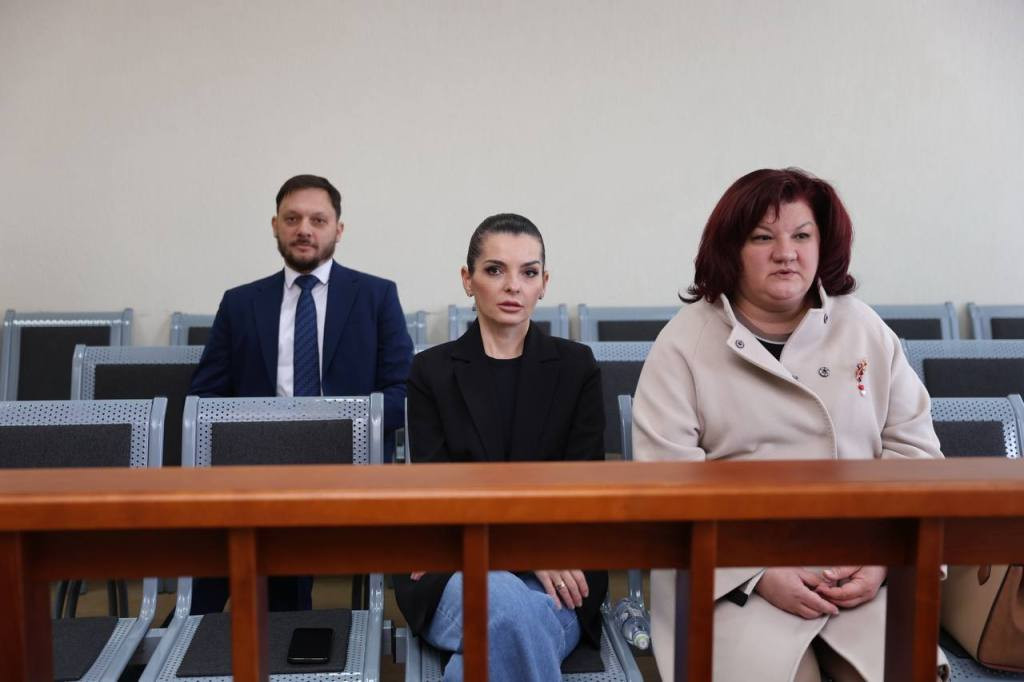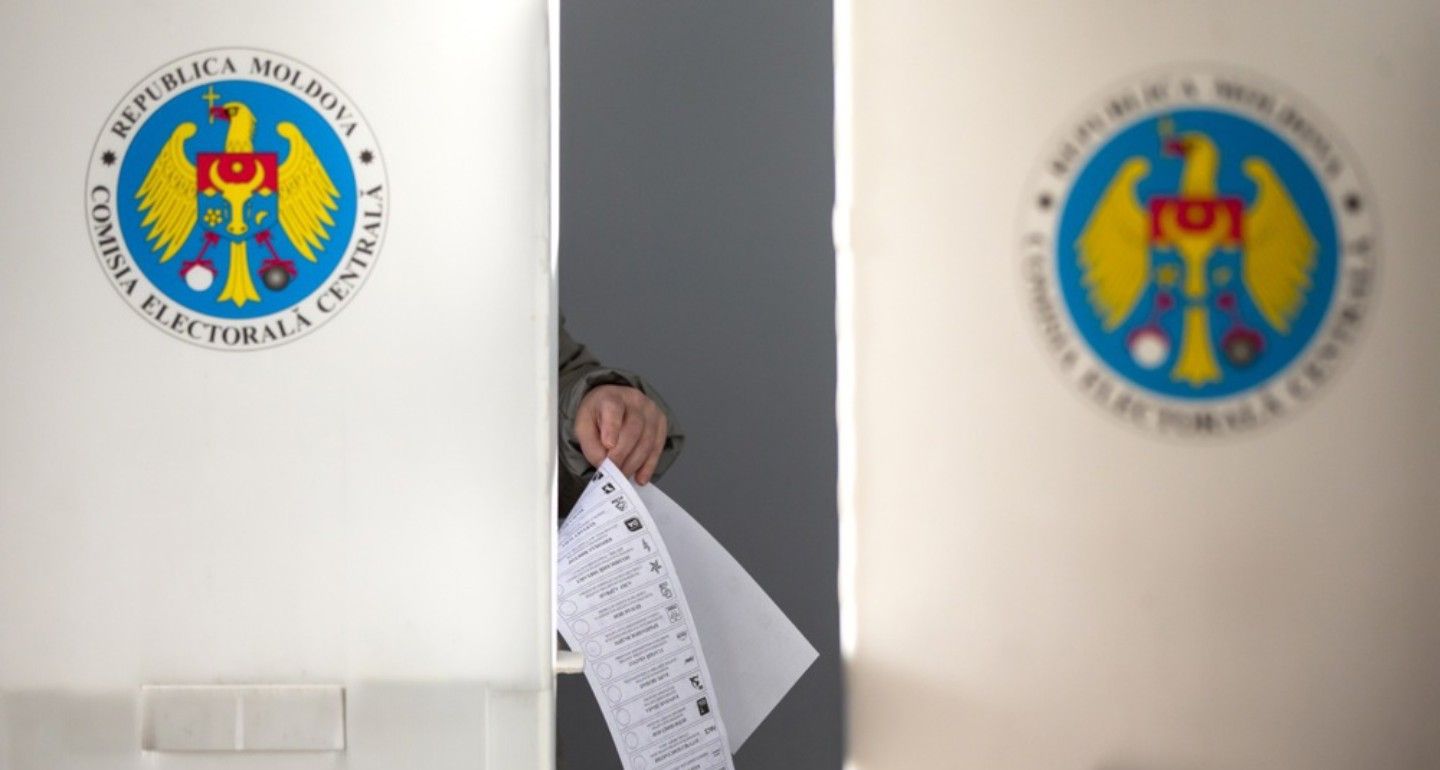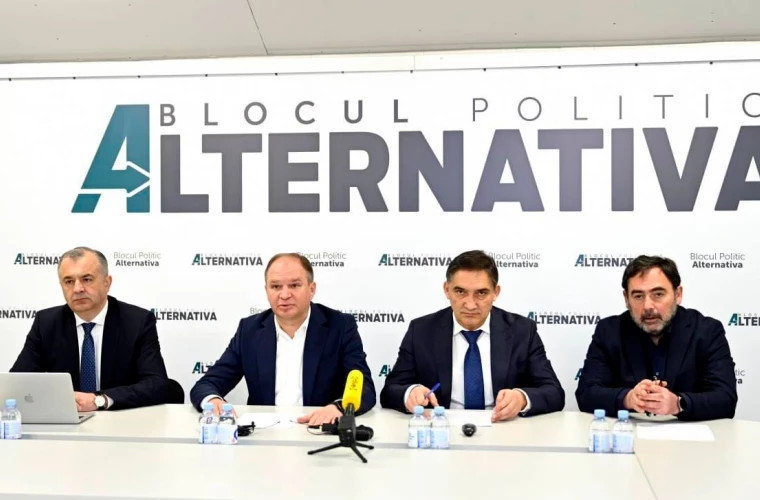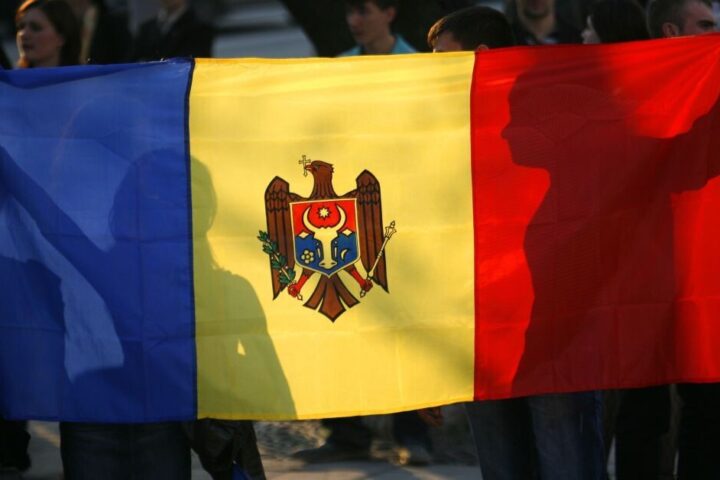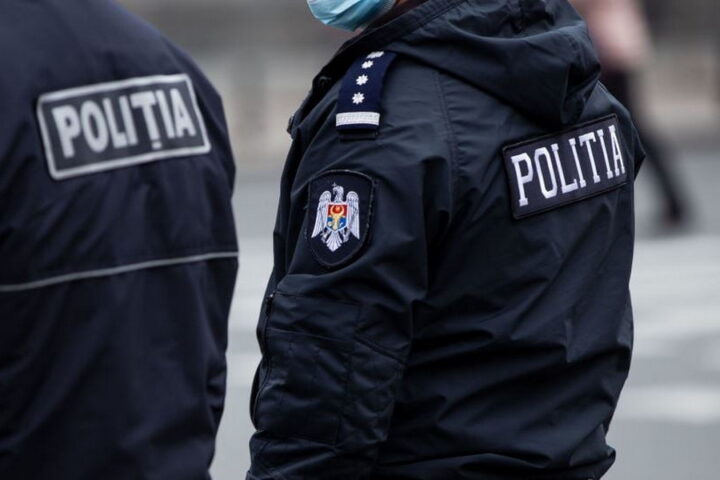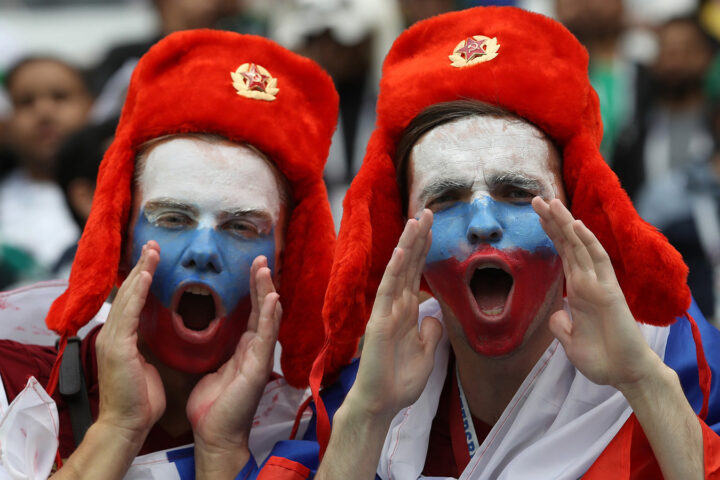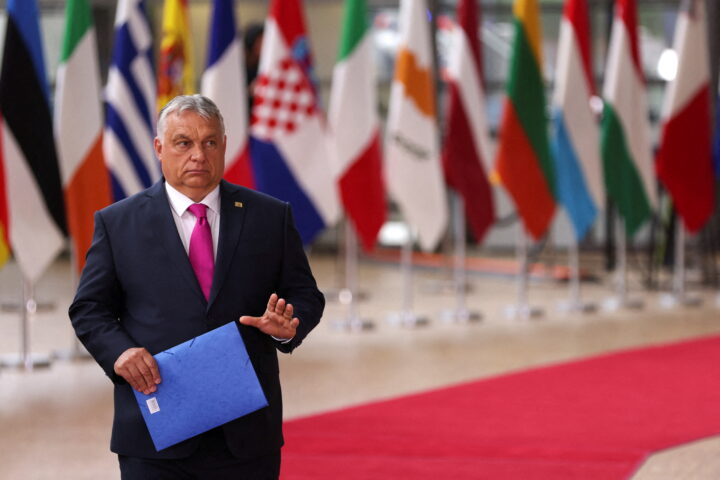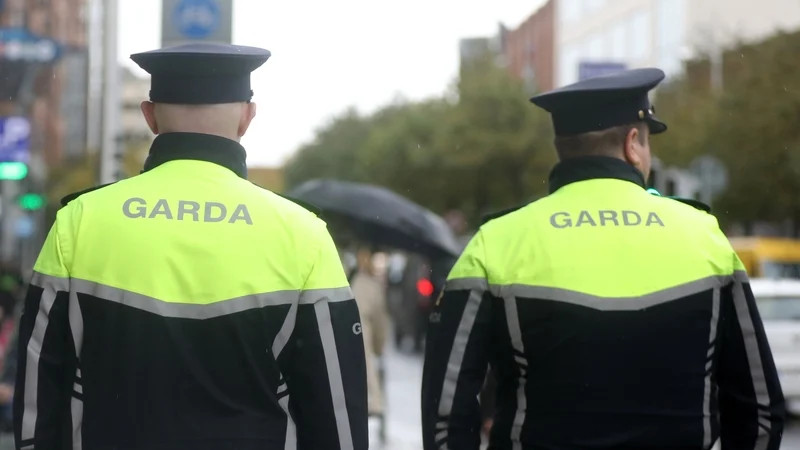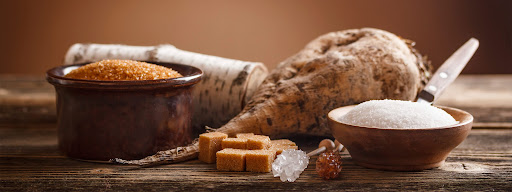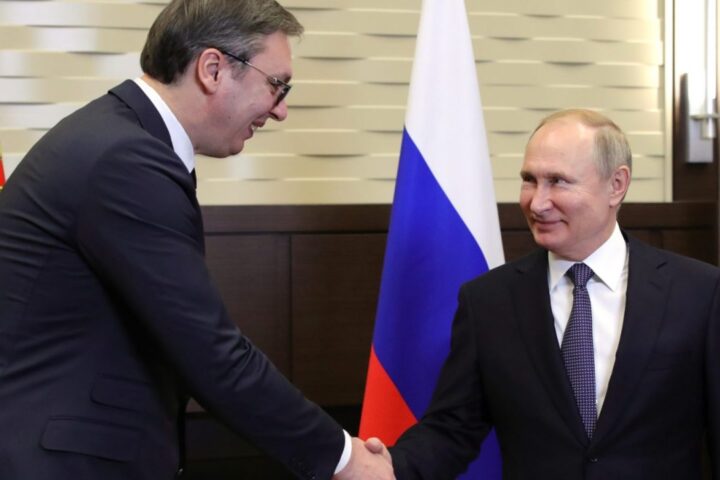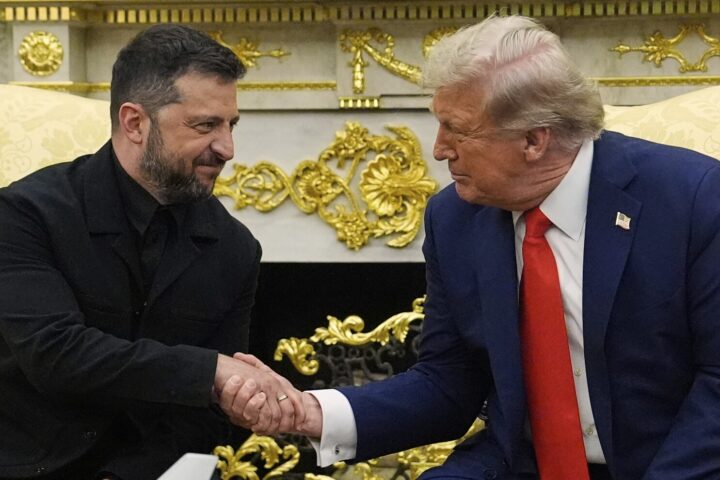Russia has restructured its strategy for political influence in Moldova, transferring supervision of election-related operations from Dmitry Kozak to Sergei Kiriyenko, the first deputy chief of the Kremlin administration. According to available assessments, Kiriyenko has sidelined Kozak and taken full control of Moscow’s approach to Chișinău. The Kremlin’s recalibration highlights its intention to strengthen direct oversight of Moldovan affairs in the run-up to the 2025 parliamentary elections.
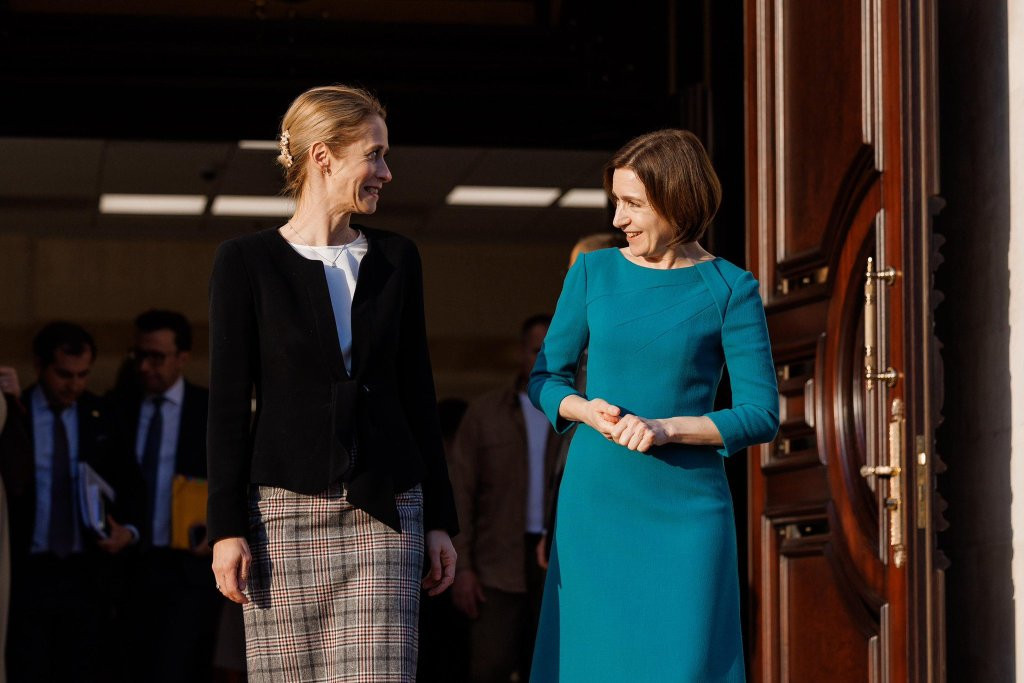
Ilan Shor emerges as Moscow’s priority
Kiriyenko has signaled a clear preference for Ilan Shor, the exiled oligarch residing in Moscow to avoid prosecution in Moldova. In contrast, former allies such as Igor Dodon, leader of the Socialist Party, and ex-president Vladimir Voronin have been pushed to the margins. Once central figures in the pro-Russian camp, they are now tasked only with mobilizing youth and securing mandates independently, without Kremlin resources. This shift underscores Moscow’s assessment that the older generation of pro-Russian politicians has lost effectiveness.
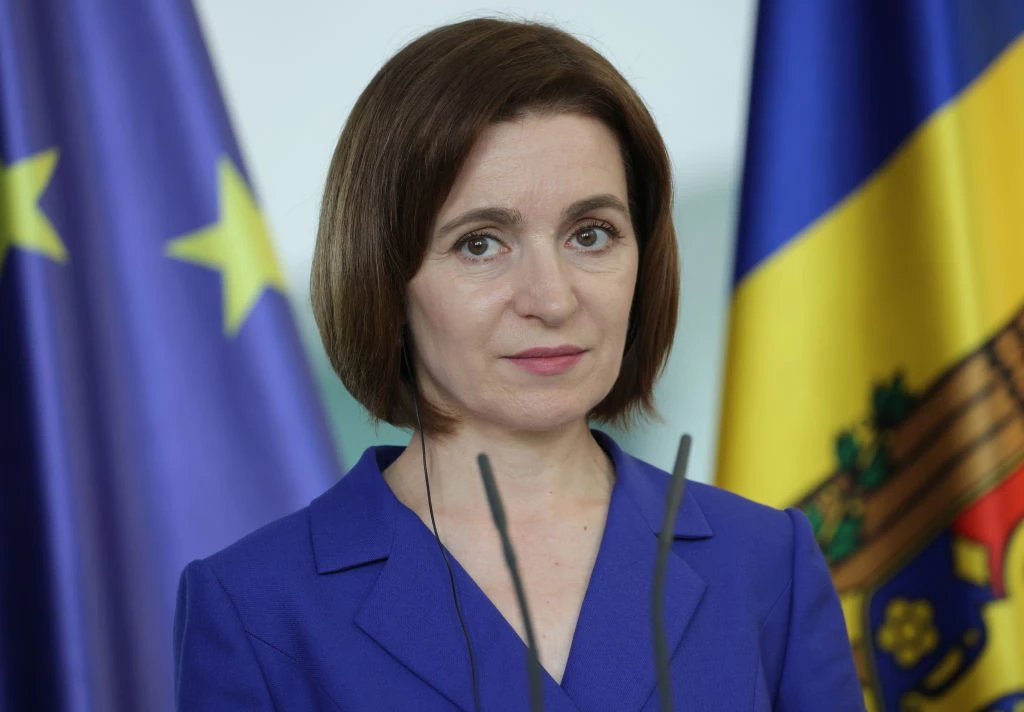
A new fifth column takes shape
The Kremlin’s current focus is on Shor’s entourage, with names like Irina Vlah, Vasile Furtună, Dumitru Karaman, and Vlad Batrîncea likely to play key roles. Much as in Ukraine in 2019, when Moscow forced former Yanukovych allies into what observers called “self-service mode,” Shor’s bloc could form a fifth column inside Moldova’s next parliament. Estimates suggest between 10 and 20 deputies may align directly under Shor’s control, particularly in Gagauzia, where Vlah leads his local base.
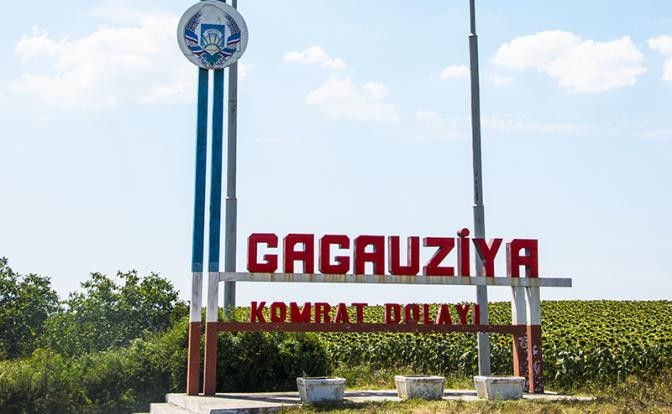
The uncertain role of Igor Dodon
How Dodon reacts to these changes remains uncertain. While sidelined by Moscow, he may eventually accept such a configuration if it allows him to access renewed financial support and a potential route back to power. The Kremlin, however, appears determined to place Shor and his loyalists at the forefront of Moldova’s pro-Russian camp, signaling a generational turnover in influence.
